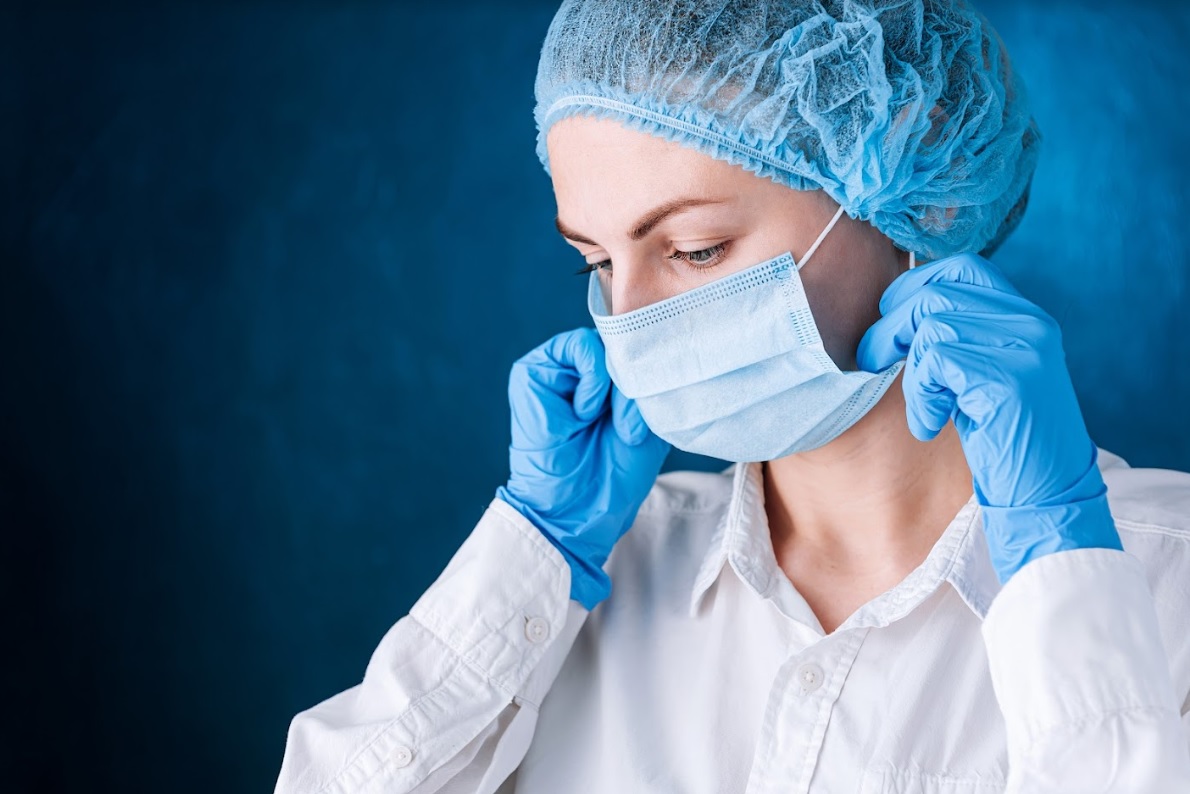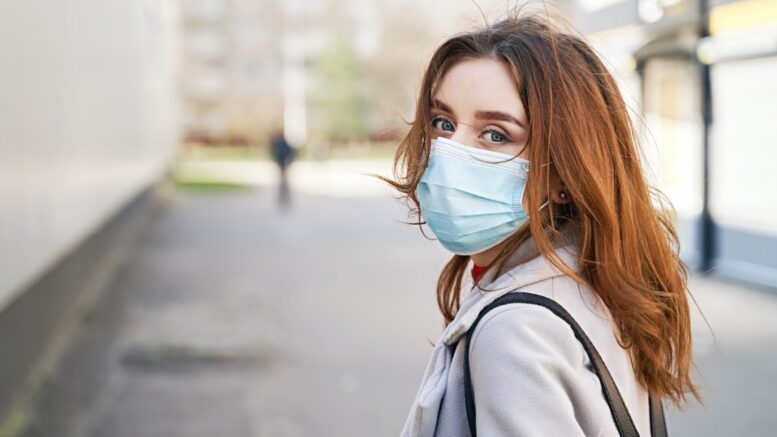During the COVID-19 outbreak, people became more familiar with medical face masks. Serving as a form of protection against the said virus, everyone had to wear their face mask each time they had to go outside their home. Along with numerous preventive practices, wearing a face mask the right way has saved countless lives.
Medical face masks are commonplace in healthcare and laboratory settings. Since these environments are more compromised than what people are usually exposed to, health experts, lab practitioners, and immunocompromised patients must wear medical masks in such premises.
Despite the implemented use of face masks today, a lot of people are still unaware of what a face mask really does for their health. In this article, you’re about to learn what face masks are, how they benefit your health, and some tips for wearing them correctly.
What Is A Medical Face Mask?
A medical face mask is a piece of personal protective equipment (PPE) worn to protect its wearer against liquid, aerosols, and particles from contaminating the face. With the right size, this offers a snug fit on the face, covering the nose and mouth.
Various types of face masks are available for public purchase, from cloth to N95 masks. When choosing the right one for you, it’s best to listen to what health experts recommend.
Now that you know what a face mask is, it’s best to understand how it can protect your health. It can do so in the following ways:
Protection Against Infectious Diseases
Infectious diseases have a quick, efficient way of transferring from one person to another, mainly when the receiving end is immunocompromised, constantly exposed to an infected person, and has no protection. One of the most effective shields against these infectious diseases is vaccination. However, viruses that are yet to be identified can’t be immediately taken down by vaccines—a case in point is COVID-19.
For the past two years, health experts have advised the use of surgical masks to slow down the spread of the virus while formulating COVID-19 vaccines. Today, many countries still impose this public health measure, along with physical distancing, establishment ventilation, and frequent handwashing.

But, how do face masks exactly work against infectious diseases? Transmission occurs when respiratory droplets from sneezing, talking, and physical contact are released into the air, come in contact with a body or object, and are inhaled by the lungs. A medical face mask acts as the physical barrier to filter large particles when the wearer breathes in, with 42% to 88% filtration efficiency.
For a better filtering performance, N95 respirators are more effective as they have 95% filtration efficiency for the most penetrating particle size of 0.3 microns. But, keep in mind that patient civilians are only advised to wear these and must be supervised by an expert.
Other health conditions requiring surgical masks include the common flu, cough, and colds, while more threatening diseases, like measles, chickenpox, and tuberculosis, require N95 masks.
Shield Against Pollution
Surgical masks and respirators are rated according to the percentage of fine particles they can block. If you’re frequently traveling in an environment exposed to pollution and allergens, wearing a surgical or N95 mask provides excellent protection from airborne particles, such as particulate matter, such as PM2.5 and PM10, dust and debris, pollen, mold spores, and bacteria.
On the other hand, low-tech solutions, like bandanas and cloth masks, offer less protection as finer particles and tiny aerosols can pass through the fibers. Still, it’s better than wearing nothing. To ensure comfort when wearing a cloth mask, look into cotton, rayon, and polyester fabrics.
If you’re exposed to pollution on a daily basis, it’s best to invest in recommended protective equipment: surgical masks, N95 masks (in the United States), KN95 masks (in China), or FFP2 masks (in Europe).
How To Wear A Face Mask Properly
Wearing your face mask incorrectly renders it useless. In fact, the key to maximizing a mask’s effectiveness is getting the right seal. Face masks that defend against infectious diseases and air pollution utilize state-of-the-art sealing techniques made with silicone and fabric, ensuring a concave contour and comfortable fit on your nose, mouth, and chin.
Also, follow these tips when wearing your face mask:
- Wash your hands with antibacterial soap or disinfect with alcohol before and after touching the mask.
- When putting on and taking off your mask, touch only the ear loops and not the face of the mask.
- If the mask has a metal strip, push and bend it in a way that contours the shape of your nose
- Make sure that the mask covers the nose and mouth, then adjust carefully by stretching the mask
- Tuck your mask beneath your chin to avoid shifting.
Bottom Line
Who knew that small pieces of tightly woven fabric could be a medical breakthrough? As the pandemic is far from over, wearing a medical face mask is vital to reduce COVID-19 transmissions and block air pollution—two important ways the PPE benefits one’s health.
